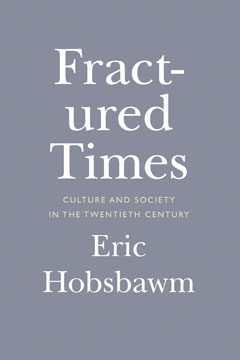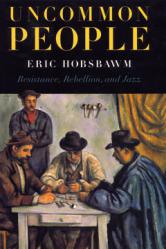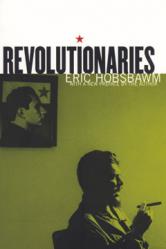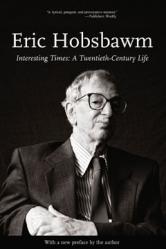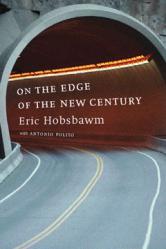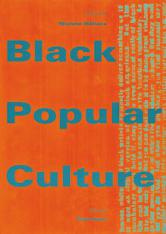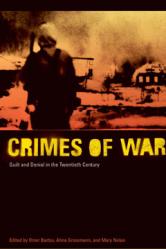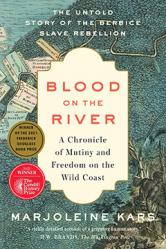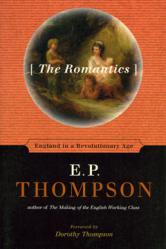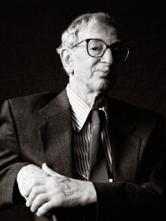“Punctuated by the four volumes The Age of Revolution, The Age of Capital, The Age of Empire, and The Age of Extremes, the works of Eric Hobsbawm served for many of us as indispensable guides to the history of our own time. With his death in 2012, the modern world lost one of its greatest and most controversial historians. This volume of his last essays is a testament to his broad-ranging mind, his political engagement, and his tremendous erudition.”—Peter E. Gordon, Amabel B. James Professor of Modern European History, Harvard University |
“In this wonderful collection of essays, Hobsbawm gives a theoretically informed and historically sensitive reflection on the cultural manifestations of advanced capitalism. Whether commenting on the gradual demise of classical music or the rise of the phenomenon of celebrity, the range of his knowledge is remarkable, only surpassed by his ability to integrate diverse insights into a coherent vision. This book not only confirms Hobsbawm as a great historian and political thinker but is also a compelling contribution to critical theory.”—Patrick Baert, professor of social theory, University of Cambridge |
“Fractured Times shows this revolutionary traditionalist at his best. It is an account of the collapse of the high bourgeois culture of the nineteenth century, and an examination of the ruins it left behind in the twentieth century.”—The Guardian |
“This is a deeply illuminating account of modern culture and society, seen through the eyes of one of the foremost historians of our time. A constructive Marxian approach, which Eric Hobsbawm has done so much to develop and advance, contributes greatly to the reach and power of his masterly analysis of contemporary history.”—Amartya Sen, Thomas W. Lamont University Professor and professor of economics and philosophy, Harvard University |
|
“Only Eric Hobsbawm could have written these engaging and moving evocations of the European world to which he was born and which is now only a memory. When he writes of culture, he writes of himself: at odds with the world, filled with its possibilities, both injured by it and alert to its paradoxes. These essays are the fruits of a master, the likes of which we will not see again.”—Jay Winter, Charles J. Stille Professor of History, Yale University |
“Eric Hobsbawm’s Fractured Times is a fascinating engagement with the culture of modernity by its most brilliant and insightful historian. Whether he is writing about Jewish emancipation, the avant garde, the Western, Karl Kraus, or ’40s jazz, these penetrating reflections of a participant observer are guaranteed to take you deeper into the perplexities of the modern than anything you have read before.”—Robin Blackburn, Distinguished Visiting Professor of History, The New School |
“Hobsbawm speaks to the crucial need for engaged public intellectuals and the kind of rigorous social and political analysis so well represented by these urgent and important essays.”—Kirkus Reviews |
“It is a treasure to have the last essays from that great historian Eric Hobsbawm. It’s sad to think that there will be no more but here he is in all his strength, his extraordinary range, his ability to write with great perception on a variety of subjects, most frequently here dealing with aspects of art and culture in Europe and elsewhere. Writing with insight about art, he is also keenly aware of its limitations and failures in contributing to making a better world. He is particularly enlightening on those on the left such as J.D. Bernal and Joseph Needham. He concludes with a bravura essay on the American cowboy and the promise that America represented in the past. In a sense in this final essay he circles back to his own childhood, and his love of Karl May the German writer of cowboy stories. Reading these wonderful pieces reminded me how lucky I was to be one of his students.”—Peter Stansky, Frances and Charles Field Professor of History, emeritus, Stanford University |
|

